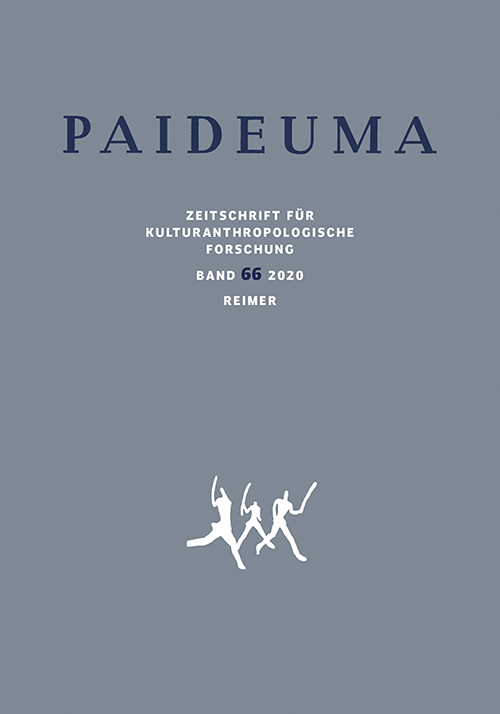Frontier-making and salvage landscapes in West Kalimantan (Indonesia)
Abstract
In current usage, a frontier is not only a geographical space but an assemblage of knowledge, practices, and objects that manifests itself at different scales. The Indonesian province of West Kalimantan is being transformed by two frontier assemblages, oil-palm cultivation and nature conservation, which aim at scaling up their competing models of land use and territoriality. The question addressed in this article is what relationships, ideas, and practices have produced these oil-palm and conservation frontiers, and what opportunities they leave for local people to defend their land rights and livelihoods. I describe the changing relationships of indigenous groups and recent settlers with state power and argue that both have played a role in opposing frontier capitalism and defending smallholder agriculture. While state power enables specific groups to project the frontier as their future, some people use the technology and knowledge of frontier assemblages to oppose large-scale frontier development and salvage aspects of social time, history and environment in miniature farms and landscapes.
Downloads
Veröffentlicht
Ausgabe
Rubrik
Lizenz
Copyright (c) 2023 Paideuma

Dieses Werk steht unter der Lizenz Creative Commons Namensnennung - Weitergabe unter gleichen Bedingungen 4.0 International.
Dieses Werk steht unter der Lizenz Creative Commons Namensnennung - Weitergabe unter gleichen Bedingungen 4.0.






